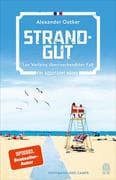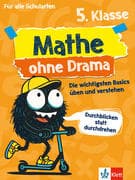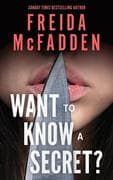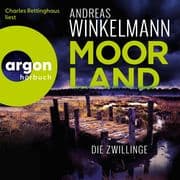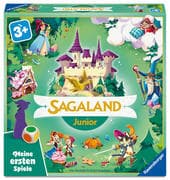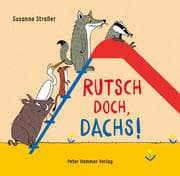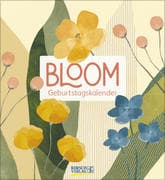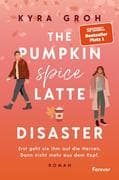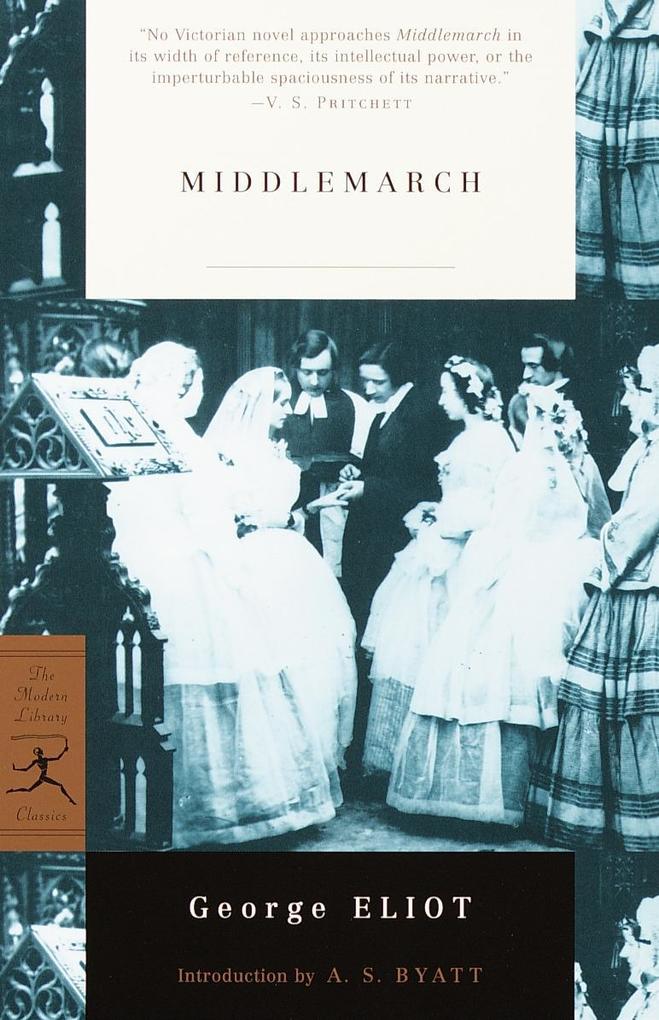MY first introduction to George Eliot was unpropitious. At the age of eleven I underwent a class 'reading' of Silas Marner at Sheffield High School and remember finding it very tedious: no drama, or what there might have been subdued, too many comic country people who bore little relation to anyone I, a city child, had met, no romance of the simple sort I was looking for. In bed I read Scott, Jane Austen, Dickens, endless historical romances and a lot of poems. I was quite incapable of appreciating the economy and sober order of Silas. I don't think, although it's a legendary Tale, it should be given to children. Then I read The Mill on the Floss, which I found unbearable for different reasons. I didn't like the beginning because of its inexorable damping-down of the fire and energy of a lonely, clever girl. I didn't like the end, because it didn't seem appropriate: drowning with her brother was not (and I must say, is not) a fate for Maggie Tulliver that leaves one with any feeling of having really come to the end--tragic, passionate, despondent--of the complexities of cross, clever, ferocious Maggie. The author drowned the heroine for dramatic reasons--and I, as a child reader, felt cheated. So I didn't persevere.
When I was at Cambridge, good undergraduates were learning about the Great Tradition of the English novel from F. R. Leavis. Jane Austen, George Eliot, D. H. Lawrence, Henry James, Conrad. Not, in those days, Dickens or Scott, my early loves, and only one Bronte--Emily. I played safe by avoiding the whole issue and worked with poetry almost exclusively. So I came to George Eliot late, in the days when I was teaching the modern English novel in evening classes and trying to find out how to write a good novel myself. Meeting any great author is like being made aware of freedoms and capabilities one had no idea were possible. Reading Middlemarch and Daniel Deronda I learned several primitive yet crucial lessons about writing novels--and these lessons were also moral lessons about life. It is possible, I learned, to invent a world peopled by a large number of interrelated people, almost all of whose processes of thought, developments of consciousness, biological anxieties, sense of their past and future can most scrupulously be made available to readers, can work with and against each other, can lead to failure, or partial failure, or triumphant growth.
I suppose I was in my late twenties when I began teaching Middlemarch, and I taught it with passion because I perceived it was about the growth, use and inevitable failure and frustration of all human energy--a lesson one is not interested in at eleven or eighteen, but at twenty-six, with two small children, it seems crucial. George Eliot's people were appallingly ambitious and greedy--not always for political or even, exclusively, sexual power, as in most of the other English novels I read. They were ambitious to use their minds to the full, to discover something, to live on a scale where their life felt valuable from moment to moment. In Middlemarch Dorothea, the untutored woman who wishes to contribute to science, even Casaubon, the failed scholar, had hopes which meant something to me, as Madame Bovary's cramped, Romantic, confused sexual lunges towards more life did not. In Daniel Deronda the hero has humane and intellectual ambitions: Gwendolen Harleth is a sympathetic portrait on the grand scale of a deficient being whose conceptions of the use of energy never extended beyond power (sexual and social) and money (not for its own sake, but for social pride). Perhaps the most vital discovery I made about George Eliot at that time was that her people think: they worry an idea, they are, within their limits, responsive to politics and art and philosophy and history.
The next discovery was that the author thought. One of the technical things I had discovered during the early teaching of Middlemarch was George Eliot's authorial interventions, which were then

